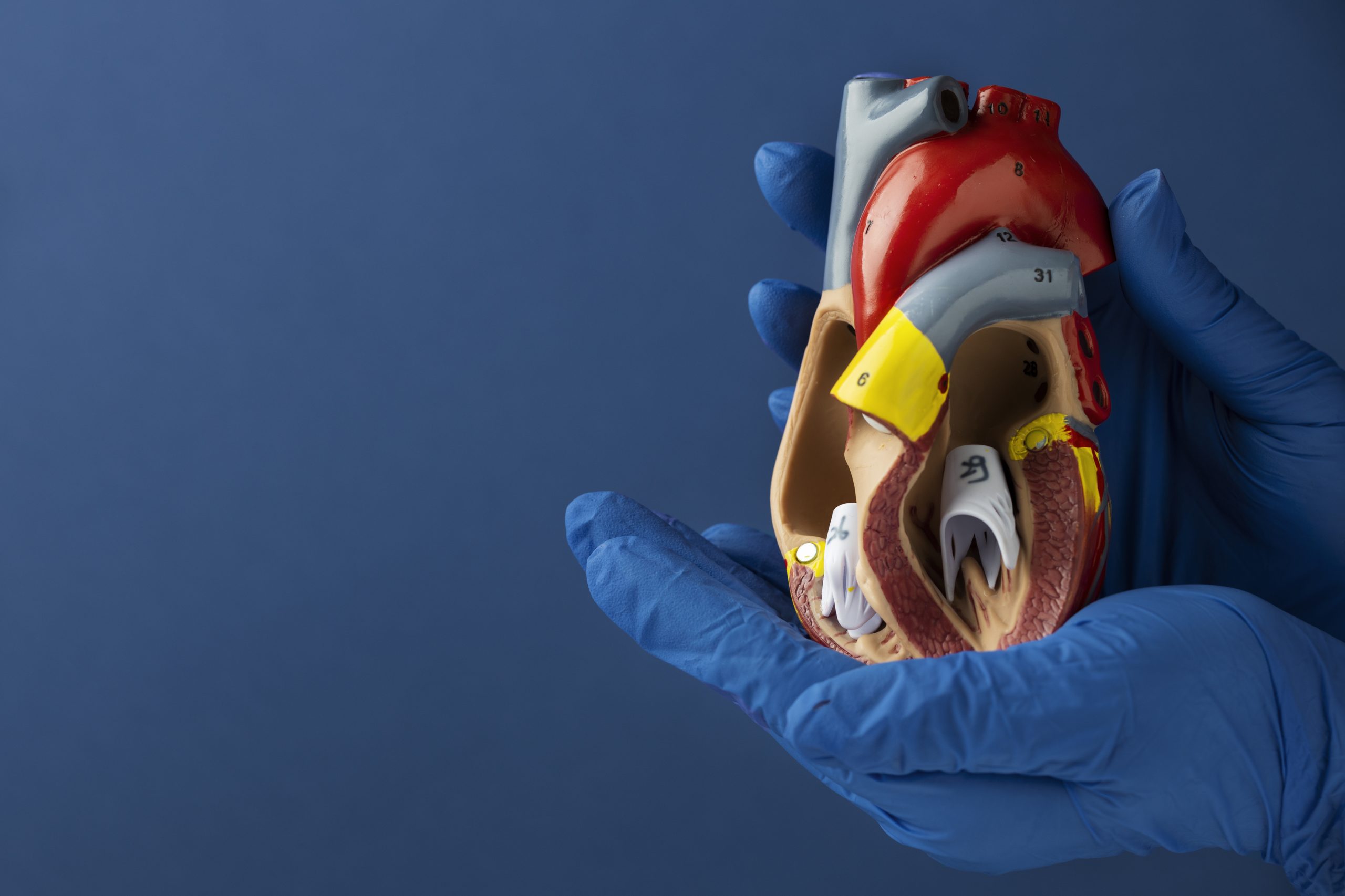

According to a study published online on January 24 in Transplant Infectious Disease, organ transplantation from SARS-CoV-2 nucleic acid test (NAT), positive donors appear to be safe for short-term outcomes.
The Swedish Medical Center in Seattle’s Jason D. Goldman, M.D., and colleagues evaluated organ transplantation and recipient outcomes between NAT-positive and NAT-negative donors for the SARS-CoV-2 virus. Between May 27, 2021, and January 31, 2022, 617 NAT-positive donors from all OPTN regions and 53 of 57 organ procurement organizations had their organs recovered.
The researchers discovered that NAT-positive donors were younger and had higher kidney and liver organ quality ratings. Organ usage was decreased in NAT-positive donors compared to NAT-negative donors. In total, 1,241 organs from 514 NAT-positive donors were transplanted, as opposed to 21,946 organs from 8,853 NAT-negative donors.
The medical urgency was less for liver and heart transplant recipients who tested positive for NAT. The median wait time for liver recipients was greater for NAT-positive donors. The match run sequence number for the final acceptor was greater for NAT-positive donors for all organ types. Results for hospital duration of stay, 30-day mortality, and 30-day graft loss were comparable across all organ types. Throughout this study period, no SARS-CoV-2 donor-derived transmission incidents were documented.
“These data suggest that the careful use of SARS-CoV-2 NAT+ donors can balance the risk for waitlist mortality in the setting of scarcity of available deceased donor organs,” the authors write.
Several authors disclosed financial ties to the pharmaceutical industry.
more recommended stories
 Liquid Biopsy Measures Epigenetic Instability in Cancer
Liquid Biopsy Measures Epigenetic Instability in CancerKey Takeaways Johns Hopkins researchers developed.
 Human Antibody Drug Response Prediction Gets an Upgrade
Human Antibody Drug Response Prediction Gets an UpgradeKey Takeaways A new humanized antibody.
 Pancreatic Cancer Research: Triple-Drug Therapy Success
Pancreatic Cancer Research: Triple-Drug Therapy SuccessKey Summary Spanish researchers report complete.
 Immune Cell Epigenome Links Genetics and Life Experience
Immune Cell Epigenome Links Genetics and Life ExperienceKey Takeaway Summary Immune cell responses.
 Dietary Melatonin Linked to Depression Risk: New Study
Dietary Melatonin Linked to Depression Risk: New StudyKey Summary Cross-sectional analysis of 8,320.
 Chronic Pain Linked to CGIC Brain Circuit, Study Finds
Chronic Pain Linked to CGIC Brain Circuit, Study FindsKey Takeaways University of Colorado Boulder.
 New Insights Into Immune-Driven Heart Failure Progression
New Insights Into Immune-Driven Heart Failure ProgressionKey Highlights (Quick Summary) Progressive Heart.
 Microplastic Exposure and Parkinson’s Disease Risk
Microplastic Exposure and Parkinson’s Disease RiskKey Takeaways Microplastics and nanoplastics (MPs/NPs).
 Sickle Cell Gene Therapy Access Expands Globally
Sickle Cell Gene Therapy Access Expands GloballyKey Summary Caring Cross and Boston.
 Reducing Alcohol Consumption Could Lower Cancer Deaths
Reducing Alcohol Consumption Could Lower Cancer DeathsKey Takeaways (At a Glance) Long-term.

Leave a Comment